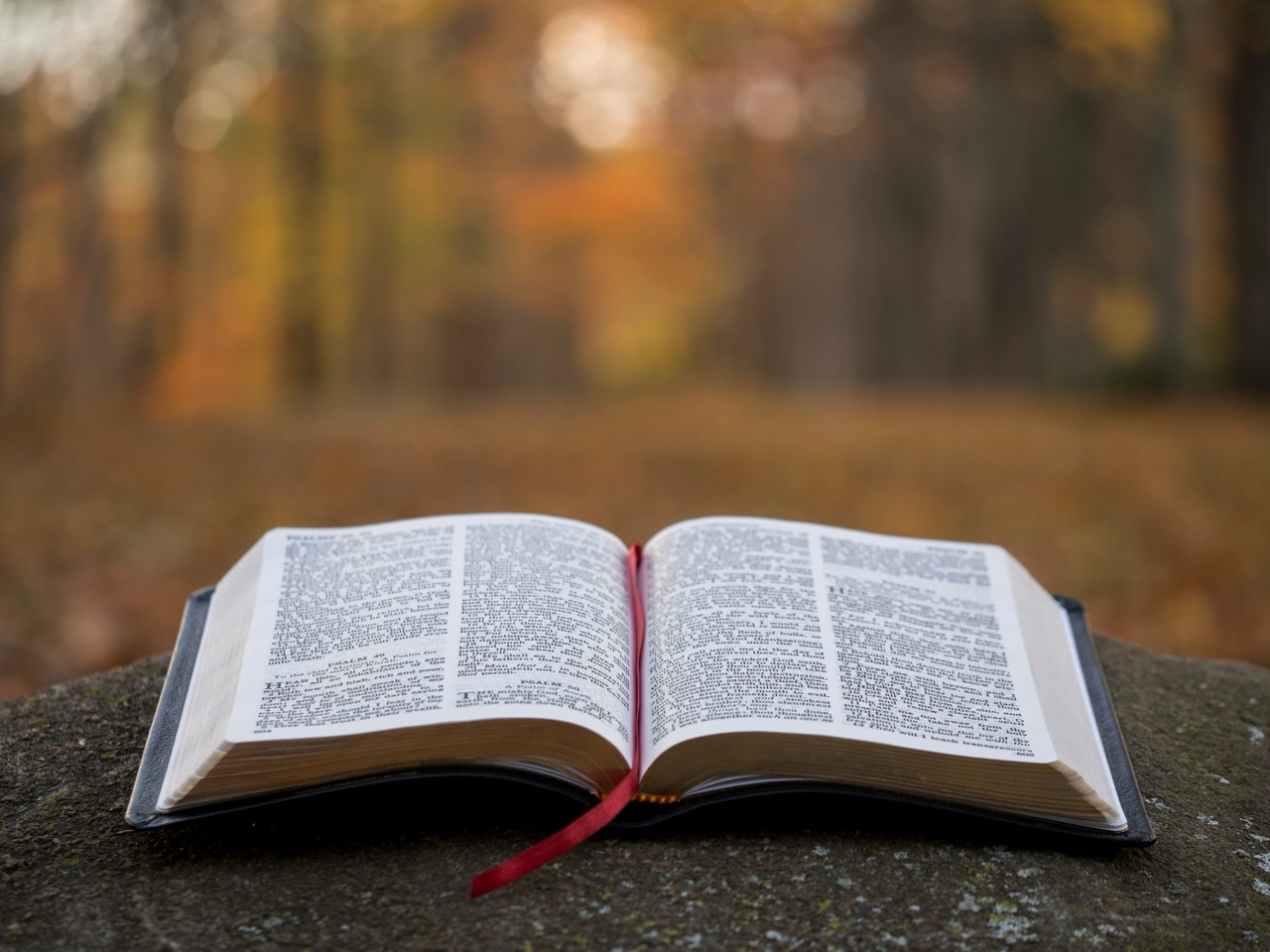The Origin of Worship in Genesis

The Book of Genesis, the first book of the Bible, serves as the foundational text for understanding the origin of worship within the Judeo-Christian tradition. It contains rich narratives that illustrate the development of worship practices and highlight the relationships between humanity and the divine. The themes of sacrifice, devotion, and the establishment of altars reflect an evolving understanding of worship, which is integral to biblical theology. In this article, we will explore the context of worship as presented in Genesis, the significance of sacrifice, the key figures associated with early worship, and the theological implications of these narratives.
Understanding Worship in the Context of Genesis Narratives
In the Book of Genesis, worship emerges as a response to the divine presence and revelation. The early chapters illustrate humanity’s recognition of God through acts of praise, obedience, and sacrifice. This recognition is rooted in the creation narrative, where God’s authority and sovereignty are established. The relationship between God and humanity is characterized by a call to worship, suggesting that worship is not only an act of reverence but also a response to God’s nature and actions.
The narratives surrounding creation, the fall, and subsequent interactions between God and figures like Adam and Eve set the stage for understanding worship as an intrinsic aspect of human existence. The act of worship points to the human need for connection with the divine, revealing both God’s desire for relationship and humanity’s longing for communion. Furthermore, the early Genesis stories present worship as an act of stewardship, where humanity is invited to reflect God’s glory in how they live and relate to the world.
As the narratives unfold, worship practices evolve from informal acts of homage to more structured forms of devotion. This evolution indicates a growing understanding of God’s holiness and the appropriate responses required from humanity. Through the lens of Genesis, worship can be seen as a journey of discovery, leading to deeper insights into divine attributes and human responsibilities.
The Role of Sacrifice in Early Biblical Worship Practices
Sacrifice plays a central role in the worship practices depicted in Genesis. The act of offering sacrifices signifies an acknowledgment of human limitations and the need for atonement or favor. In Genesis 4, the story of Cain and Abel reveals the significance of sacrifice as it highlights the differing attitudes toward worship. Abel’s offering is accepted by God, while Cain’s is not, suggesting that the heart behind the offering is as crucial as the offering itself. This narrative establishes the principle that true worship must come from a place of sincerity and faith.
Additionally, the story of Noah provides another critical moment in early worship practices. After the flood, Noah builds an altar and offers sacrifices to God, which delights the Lord and leads to God’s promise never to destroy the earth again by flood. This act of worship indicates a restoration of the relationship between God and humanity and underscores the importance of sacrifice as a means of expressing gratitude and reverence. The sacrificial act becomes a communal and personal response to divine mercy and covenant.
The practice of sacrifice in Genesis foreshadows later, more formalized worship in the Mosaic Law, where sacrifices would become regulated and significant in the Israelite religious life. The seeds of these practices planted in Genesis highlight the ongoing human need for reconciliation with God and the acknowledgment of His covenantal faithfulness. Through these early acts of worship, the foundations are laid for understanding the purpose and meaning of sacrifice in the broader biblical narrative.
Key Figures of Worship: Abel, Noah, and Patriarchs’ Altars
The figures of Abel, Noah, and the patriarchs represent key milestones in the evolution of worship within Genesis. Abel, as the first recorded worshiper, exemplifies the principle of offering the best to God, demonstrating that worship is rooted in the quality of one’s heart and offerings. His story serves as both a model and a warning, emphasizing the need for sincerity in worship and the dangers of jealousy and pride, which can lead to a breakdown of relationships, both divine and human.
Noah stands as another pivotal figure whose worship marks a new beginning for humanity after the flood. His actions of building an altar and offering sacrifices signify not just personal devotion but a communal restoration of faithfulness to God. Noah’s worship also introduces the concept of covenant, as God responds to Noah’s sacrifices with promises of mercy and grace. This interaction emphasizes the mutual relationship between worship and divine favor, showcasing the importance of worship as an expression of gratitude and obedience.
The patriarchs, including Abraham, Isaac, and Jacob, further illustrate the development of worship through the establishment of altars at significant moments in their lives. Each altar represents a tangible point of connection with God, signifying worship that is both personal and communal. These figures embody faith in action, as they respond to God’s call and promises through acts of worship. Their legacies of building altars symbolize the continual need for sacred spaces where humanity can encounter God, establishing a precedent for future worship practices in Israel.
Theological Implications of Worship in Genesis Texts
The narratives of worship in Genesis carry profound theological implications that shape the understanding of God’s nature and human purpose. One of the key themes is the relational aspect of worship, which highlights that God desires communion with humanity. Worship is depicted not merely as a set of rituals but as an expression of love, trust, and faithfulness. The Genesis accounts affirm that worship is integral to fulfilling humanity’s purpose as image-bearers of God, called to reflect divine attributes in their lives.
Moreover, the early accounts of worship emphasize the character of God as sovereign, just, and merciful. Through the interactions with figures like Abel, Noah, and the patriarchs, readers are invited to explore the multifaceted nature of God—one who desires genuine worship, responds to human actions, and establishes covenants. This relational dynamic underscores the importance of worship as a means of experiencing God’s presence and engaging in a transformative relationship that nurtures spiritual growth.
Finally, the theological implications of worship in Genesis lay the groundwork for understanding the role of worship in the broader biblical narrative. The themes of sacrifice, covenant, and divine-human interaction introduced in Genesis resonate throughout the entirety of Scripture, culminating in the ultimate sacrifice of Jesus Christ. Thus, the worship practices initiated in Genesis not only set the stage for the Israelite community but also foreshadow a future understanding of worship that culminates in the New Testament, where worship becomes a holistic expression of faith in response to God’s redemptive work.
The exploration of worship in the Book of Genesis reveals a rich tapestry of human-divine interaction that sets the stage for the entirety of biblical theology. From the foundational elements of sacrifice and altars to the key figures that embody authentic worship, the narratives underscore the importance of approaching God with sincerity and reverence. As worship practices evolve throughout the biblical narrative, the foundational lessons presented in Genesis continue to inform and inspire the worshiping community today. Understanding these origins allows for a deeper appreciation of the profound relationship between humanity and the divine, shaping the ongoing dialogue of faith, worship, and covenant with God.




